9 Hidden Pitfalls of Buying a Used Car from a Dealership You Need to Know

Buying a used car from a dealership may seem like a safer and more convenient option, but there are several reasons to think twice before making such a decision. Dealerships have a reputation for professionalism, but that doesn’t always translate into a fair deal for the buyer. While many people associate dealerships with reliability, the reality is that buying a used car through this route can come with its own set of problems. From inflated prices to hidden mechanical issues, here are nine reasons why you might want to avoid purchasing a used car from a dealership.
1. Inflated Prices
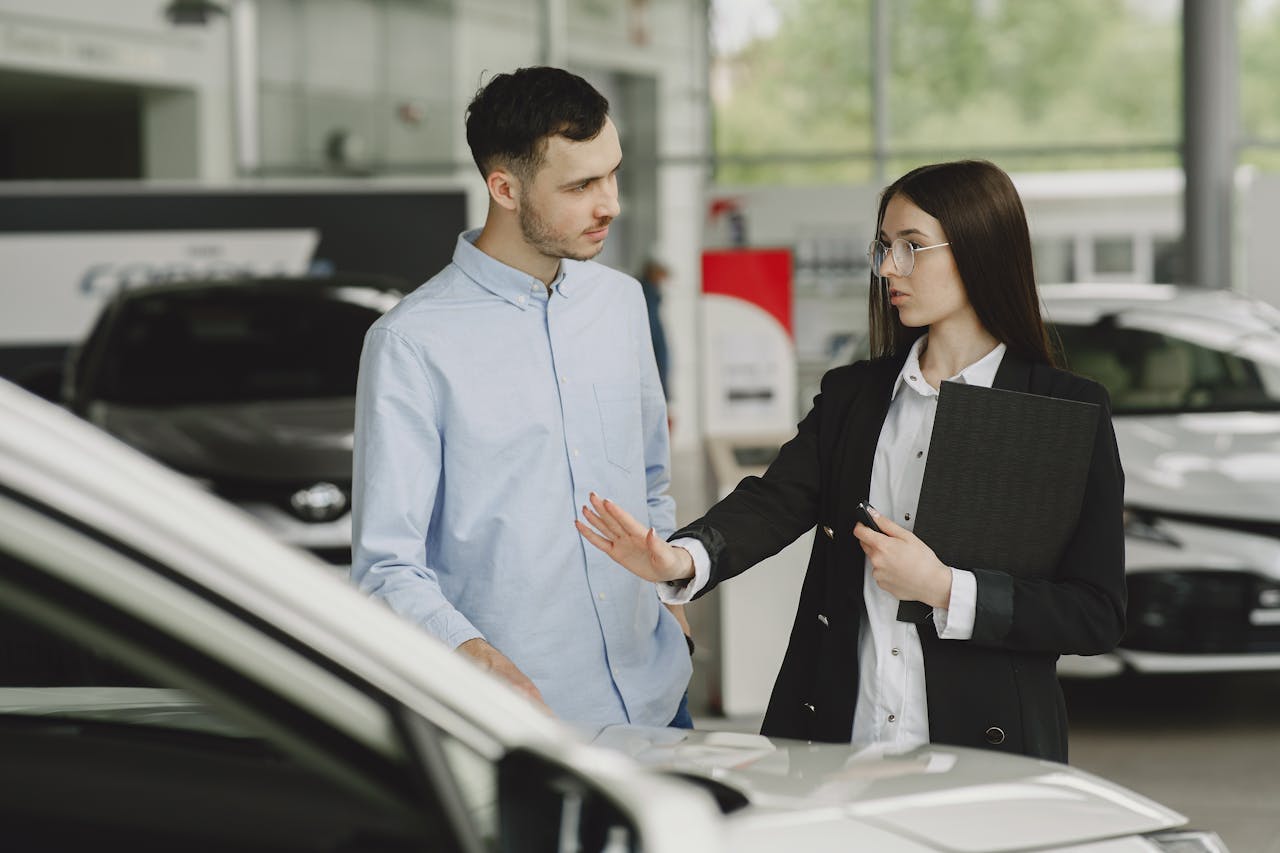
Dealerships are known for marking up the prices of their used cars far beyond the market value. This is one of the biggest reasons to avoid buying from a dealership. Dealers often add additional costs to cover their overheads, such as facility maintenance, staff salaries, and sales commissions. Even though they may offer financing options and warranties, the inflated price you pay may not be worth it. A car that you could find for thousands less from a private seller will likely cost you much more at a dealership. Shopping around and comparing prices on private sale platforms can give you a better deal without the hefty markup.
2. High-Pressure Sales Tactics

Dealerships are notorious for using high-pressure sales tactics to close a deal. When you walk into a dealership, you are often greeted by a salesperson whose sole purpose is to sell you a car as quickly as possible, regardless of whether it’s the right vehicle for you. They may push you toward models that maximize their commission or fit within the dealership’s current inventory needs, rather than guiding you to the car that best suits your lifestyle and budget. This pressure can lead you to make rushed decisions, often resulting in regret later on when you realize you didn’t get the best deal.
3. Limited Vehicle History Transparency
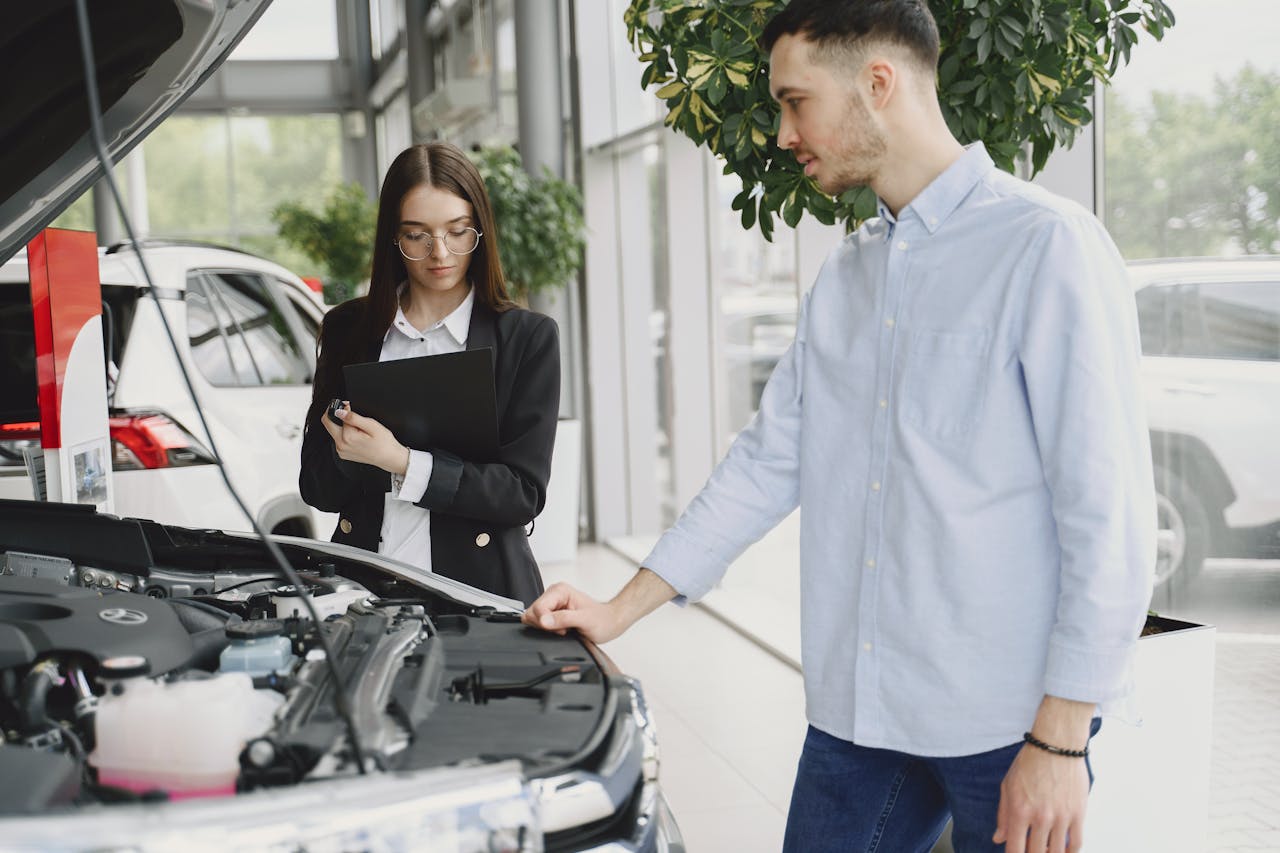
While many dealerships claim to offer full transparency with vehicle history reports, they may not always provide the complete picture. A dealership may gloss over or fail to disclose significant past issues like accidents or major repairs that could affect the vehicle’s performance. Some dealers may even buy cars from auctions, which means they may not know the full history of the vehicle. If you’re buying from a private seller, you can ask more detailed questions and gauge their honesty. In contrast, dealerships may be less forthcoming, putting you at risk of buying a vehicle with hidden problems.
4. Unnecessary Add-Ons

When you buy a used car from a dealership, you’ll often be offered an array of add-ons that can quickly inflate the final price. Extended warranties, tire protection packages, paint protection, and rustproofing are just some of the extras that dealerships may push. While some add-ons may provide peace of mind, many are unnecessary and overpriced. Dealerships use these add-ons as a way to boost their profits, and buyers often feel pressured to agree, thinking they need these extras for protection. However, these services are often available at a much lower cost from third-party providers or are simply not needed at all.
5. Limited Room for Negotiation
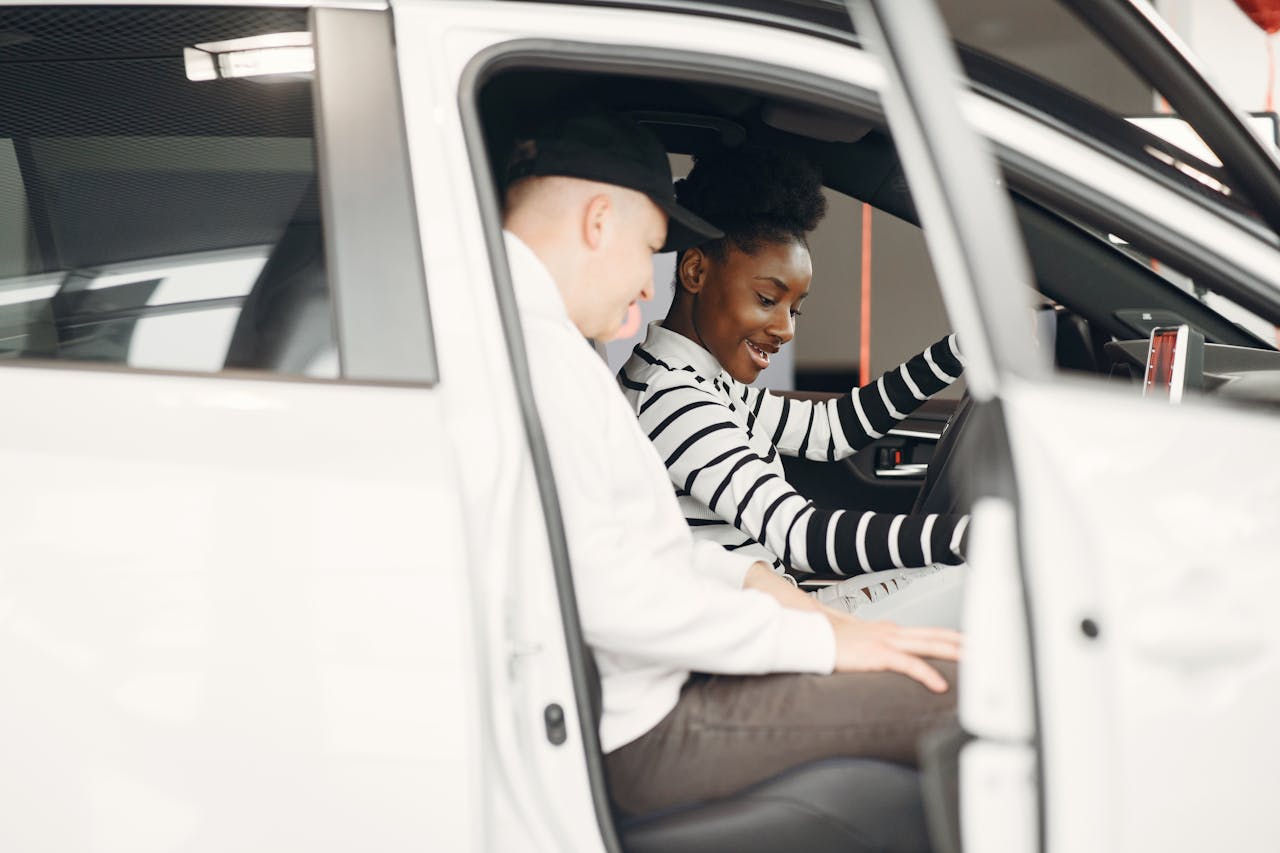
While negotiating is part of the car-buying experience, dealerships often limit how much they’re willing to budge on price, especially when it comes to used cars. Salespeople at dealerships typically have a set range they’re allowed to negotiate within, which means you might not get the significant discount you’re hoping for. Additionally, dealerships sometimes disguise discounts with trade-in deals or financing offers that seem beneficial but ultimately don’t reduce the car’s price. In contrast, buying from a private seller usually gives you more room to negotiate directly and potentially get a better deal.
6. Questionable Certified Pre-Owned Programs

Many buyers are drawn to certified pre-owned (CPO) programs because they believe these vehicles have been thoroughly inspected and come with warranties. While some CPO programs are legitimate, not all are created equal. In some cases, the certification process may be more about marketing than actual quality control. Dealerships may certify vehicles after minimal inspections, and the warranties offered often come with significant limitations and exclusions. You might pay extra for a CPO car but still end up with a vehicle that has issues the dealership overlooked. Always be cautious about assuming that “certified” means problem-free.
7. Potential for Hidden Mechanical Issues
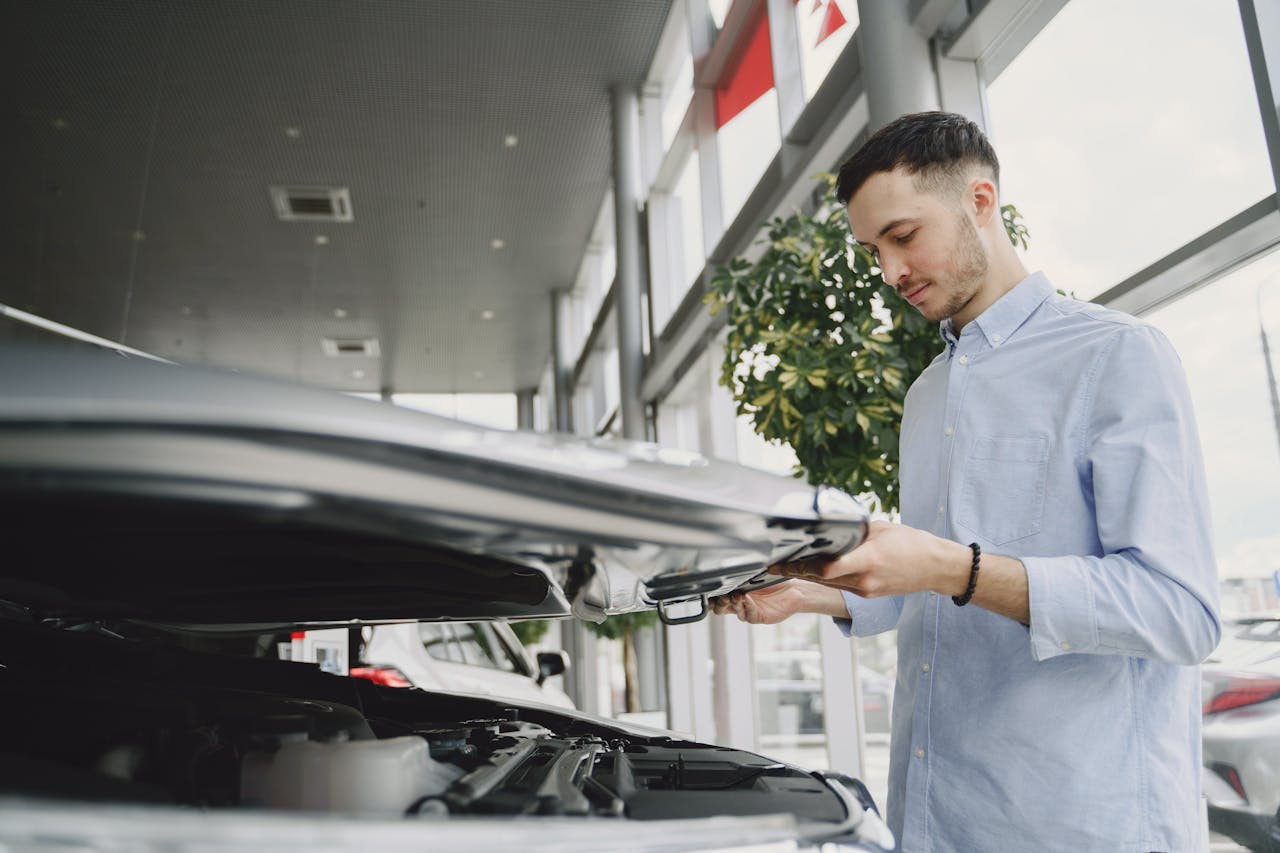
Used cars sold by dealerships may have undergone basic repairs or cosmetic touch-ups to look appealing to buyers, but these quick fixes often mask underlying mechanical issues. Dealerships aim to get their used cars off the lot quickly, so they might not invest the time or money needed to ensure the car is in top condition. What looks like a reliable vehicle on the surface could break down soon after you drive it off the lot. A private seller, on the other hand, is more likely to provide a clear picture of the car’s condition, as they are typically not motivated by sales targets.
8. Less Flexibility with Financing Options

Dealerships often advertise convenient financing options to attract buyers, but these deals might not be as beneficial as they seem. In many cases, dealerships will mark up the interest rates on loans provided through their financing partners, leading you to pay more over the life of the loan than you would if you arranged financing on your own. Additionally, dealers may try to push you into longer loan terms that lower your monthly payments but increase the total amount you’ll pay. By securing financing independently, you can often get a better rate and avoid the dealership’s markup.
9. Higher Fees and Extra Costs
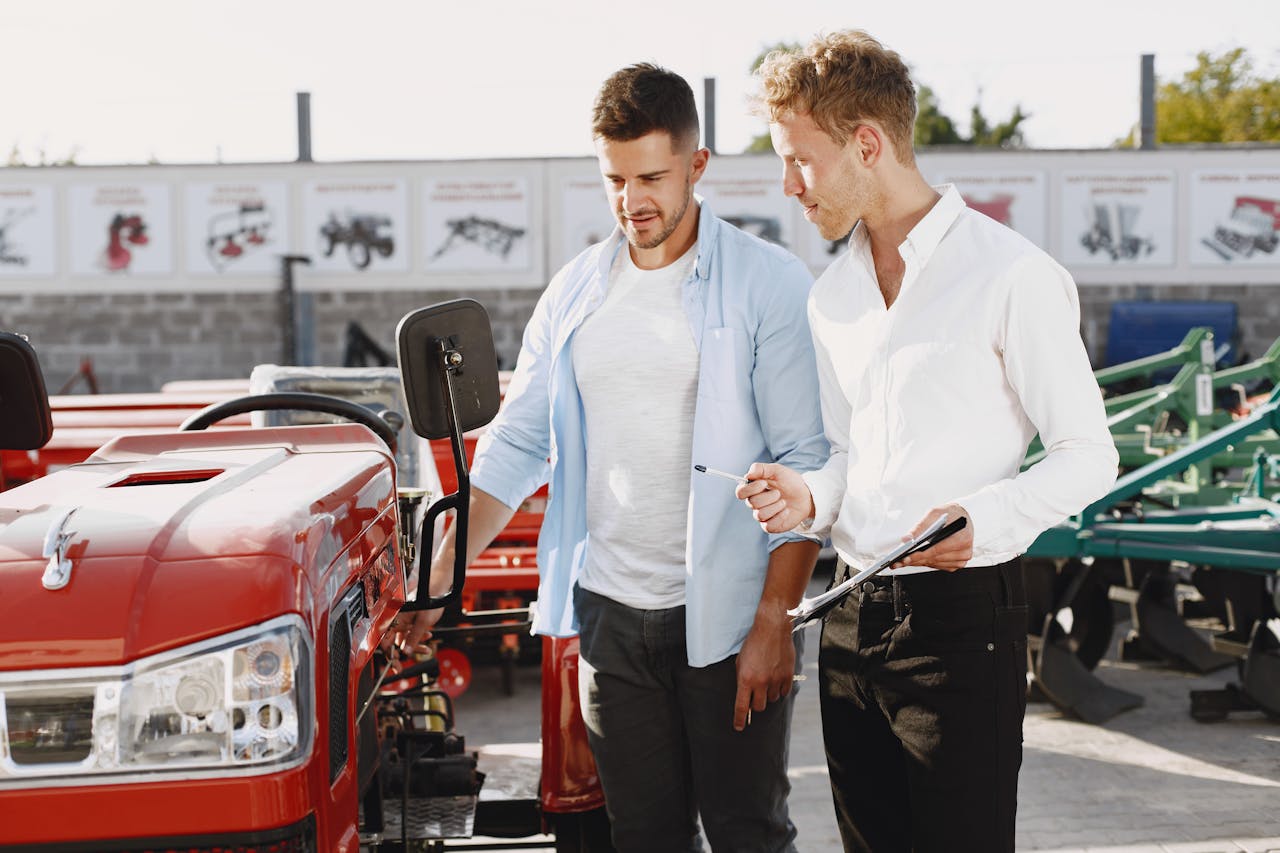
When buying a used car from a dealership, you’ll likely face a slew of extra fees that add to the overall cost. Dealerships commonly charge documentation fees, dealership fees, and even “delivery fees” for a used car, which can significantly raise the total price you pay. These fees are often non-negotiable and can come as a surprise when you’re finalizing the deal. Private sellers, on the other hand, typically do not charge these additional fees, meaning the price you agree on is closer to what you’ll actually pay, saving you hundreds or even thousands of dollars in unnecessary costs.
Final Thoughts
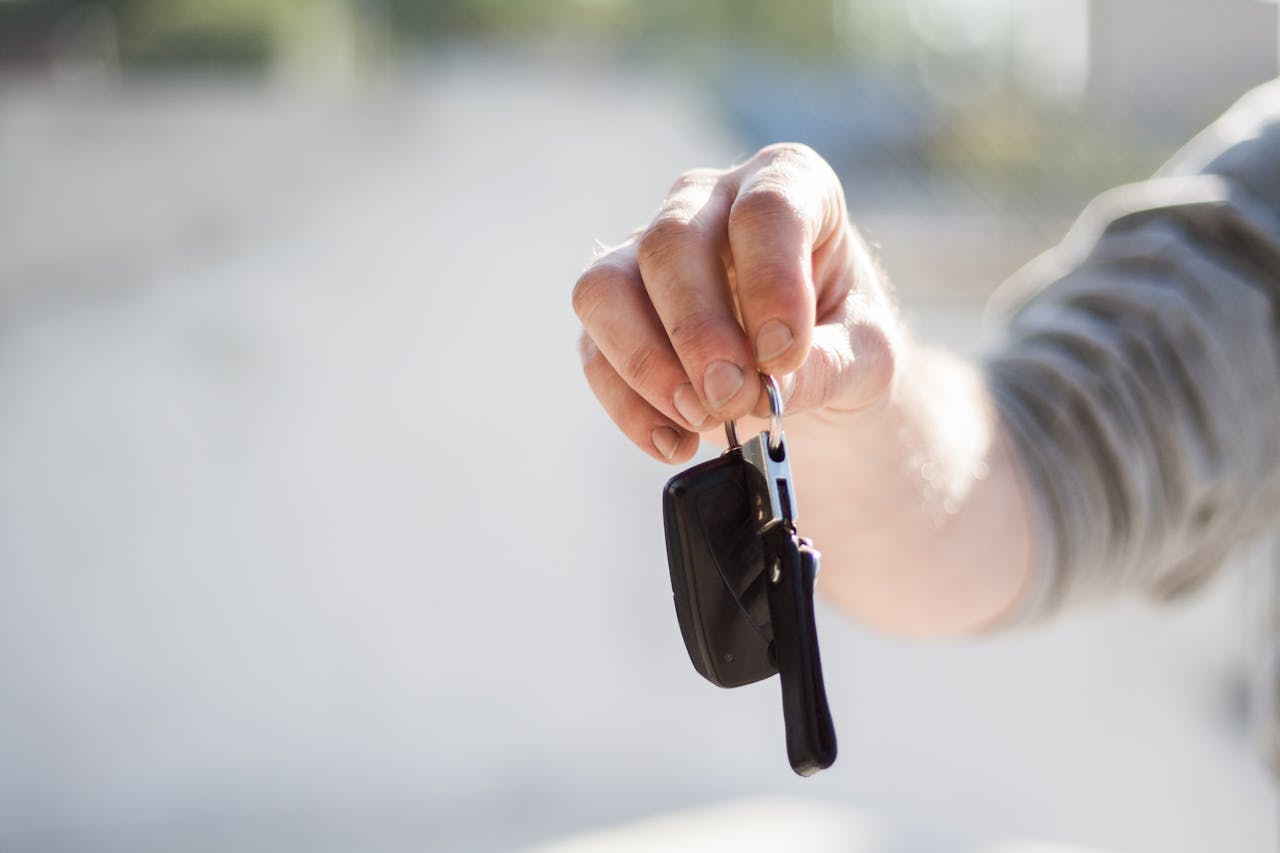
While buying a used car from a dealership may seem like a straightforward option, the reality is that it often comes with numerous disadvantages. From inflated prices to hidden fees, questionable mechanical conditions, and high-pressure sales tactics, dealerships may not always have your best interests at heart. By considering other options, such as buying from a private seller, you could save money, avoid stress, and get a better vehicle that fits your needs. Before committing to a dealership purchase, do your research and weigh the alternatives—you may find that skipping the dealership altogether is the best choice for you.
Leave a Reply